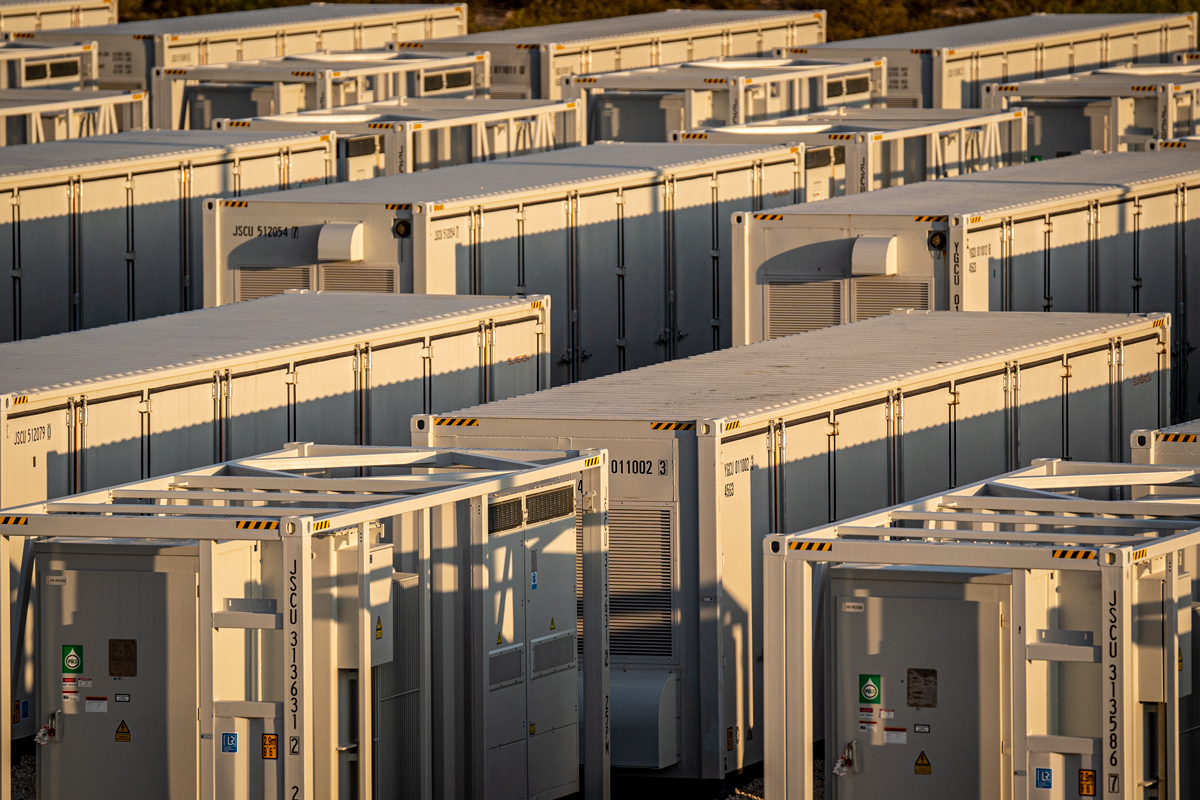Shifts in Energy Sources, Workforce Lead State of Energy Discussion with Chevron's Mike Wirth
Published Oct 11, 2019 by Julia McGowen
Houston’s business climate and energy-rich workforce base has long supported its position as The Energy Capital of the World. Both were major discussion topics at the Partnership’s annual State of Energy event on Oct. 9. Mike Wirth, Chairman of the Board and CEO of Chevron, headlined the event by participating in a fireside chat with Bobby Tudor, chairman of Tudor, Pickering, Holt and Co. and the Partnership's 2019 vice chair. Click the link above to watch the full presentation.
Here are four takeaways from Wirth’s comments.
Environmental Impacts and Shifts in Energy Sources
For an industry traditionally supported by fossil fuels, the increasing focus on environmental concerns has caused energy companies to take a hard look at energy sources and sustainable operations practices.
“The future of our industry at our core is very strong. But we also need to respond to these pressures. Climate change is a real concern for the people we work with around the world and that will play a role in how we work,” Wirth said. He added: “moving forward we must execute well on our core business, control spending, and prepare to bring new sources of energy into the mix.”
Wirth also noted that the company is working to curb emissions and flaring ahead of regulations being implemented. More regulations on emissions are coming, he said, "the industry ought to be out front and set the right standard for decreasing emissions.”
Focus on Future Workforce
Wirth discussed how digitization is rapidly influencing energy operations and that companies must consider future workforce needs in order to remain competitive. One way Chevron is doing this is by making investments in education systems, particularly around STEM.
"Digital technology really changes every industry," Wirth said. "No matter what business you’re in in this room, if you think it’s not going to change, you need to look again. Energy is no different.”
Few jobs exist in the energy today that do not have some technological component. That's why it's critical for STEM education to start early, Wirth said. Chevron’s made large scale investments world wide in education, both K-12 but also in higher education and committed to support reform for education systems. “We must invest in systems that supports the talent pipeline” he said.
Corporate Citizenship a Key Factor in Stakeholder Value
In working to advance its corporate citizenship, Chevron has put an emphasis on delivering value and accountability to a holistic set of stakeholders — not only its shareholders but also the communities they serve and operate. “We have to invest in community priorities and work with local suppliers to grow small businesses," Wirth said. "In doing this, you build economic power that improves people’s lives.”
Leading on D&I
Houston is home to more than a quarter million energy employees and a hub for energy expertise and experience. Those facts, coupled with the city's cultural and ethnic diversity, have helped bolster the talent pipelines of companies like Chevron. For Chevron, Wirth discussed how diversity and inclusion (D&I) is the easiest business case to make, adding that the company has put a strong focus a corporate culture that celebrates diversity and inclusion. “We need everyone for this industry to succeed," he said. "Diversity is an imperative for us to be competitive. Diversity is about counting every head. Inclusion is about making sure every head counts...You have to have a culture where a broad set of ideas flourish.”
Learn more about Houston's energy industry and what the Partnership’s Energy Advisory Committee is doing to advance Houston’s energy economy.
 The Houston Report
The Houston Report



















